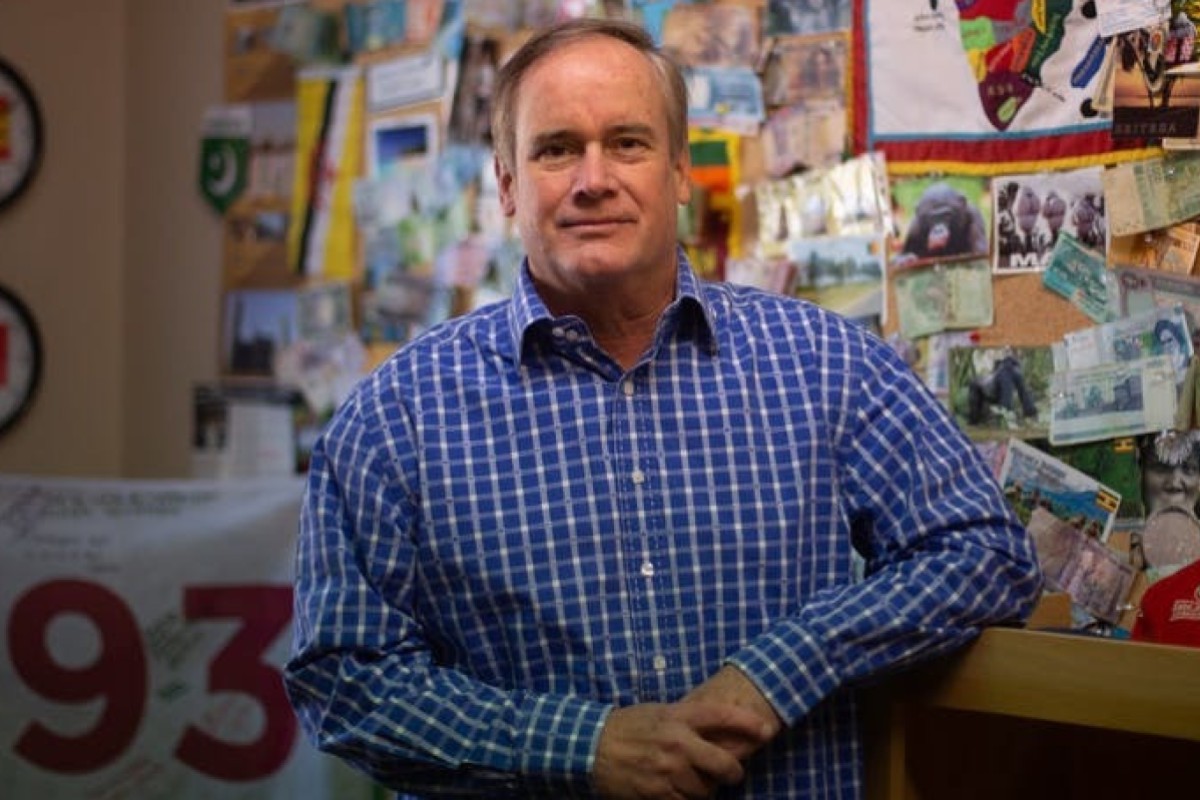Missing Half of Towering Ramses II Statue Finally Unearthed
Almost a century after the discovery of the legs of a colossal statue of Pharaoh Ramses II in Egypt, archaeologists have successfully uncovered its missing pieces.
The recent find includes the statue’s torso, head, and shoulders, which seamlessly join with the legs that have been displayed in a museum for years.
Reconstructed, the statue reaches a majestic height of 23 feet, showcasing one of Egypt’s most revered rulers seated, crowned with a cobra emblematic of sovereignty. The statue’s rear is adorned with hieroglyphs detailing his extensive titles.
Ramses the Great, ruling in an era when average lifespans were between 40 to 50 years, remarkably lived into his 90s, surpassing the lifetimes of many of his children and nearly 100 grandchildren.
His reign marked a golden era for the 19th Dynasty, extending its territory from Sudan to Syria, celebrated through monuments, temples, and statues, including this recently reunited piece, originally discovered in 1930 by German archaeologist Günther Roeder.
Dr. Adel Okasha, leading the Central Administration of Antiquities of Central Egypt, mentioned that recent excavations aimed to uncover the religious center of the ancient city of Hermopolis from the New Kingdom to the Roman period. This city, once a pivotal site of worship and the ancient capital of the fifteenth Egyptian region, is believed to house several temples, including one dedicated to Ramses II.
Dr. Okasha expressed optimism about the significant find, suggesting it confirms they are searching in the right location, despite not yet uncovering the intended temple complex. The ancient city, known as Khomeno in Egypt and Hermopolis Magna during the Greco-Roman period, was a center for the worship of the god Thoth.
The excavation season has concluded, as stated, with the successful pairing of the king’s statue and the restoration and reinstallation of giant granite columns at the Ashmunin basilica, built atop a Ptolemaic temple’s ruins.




